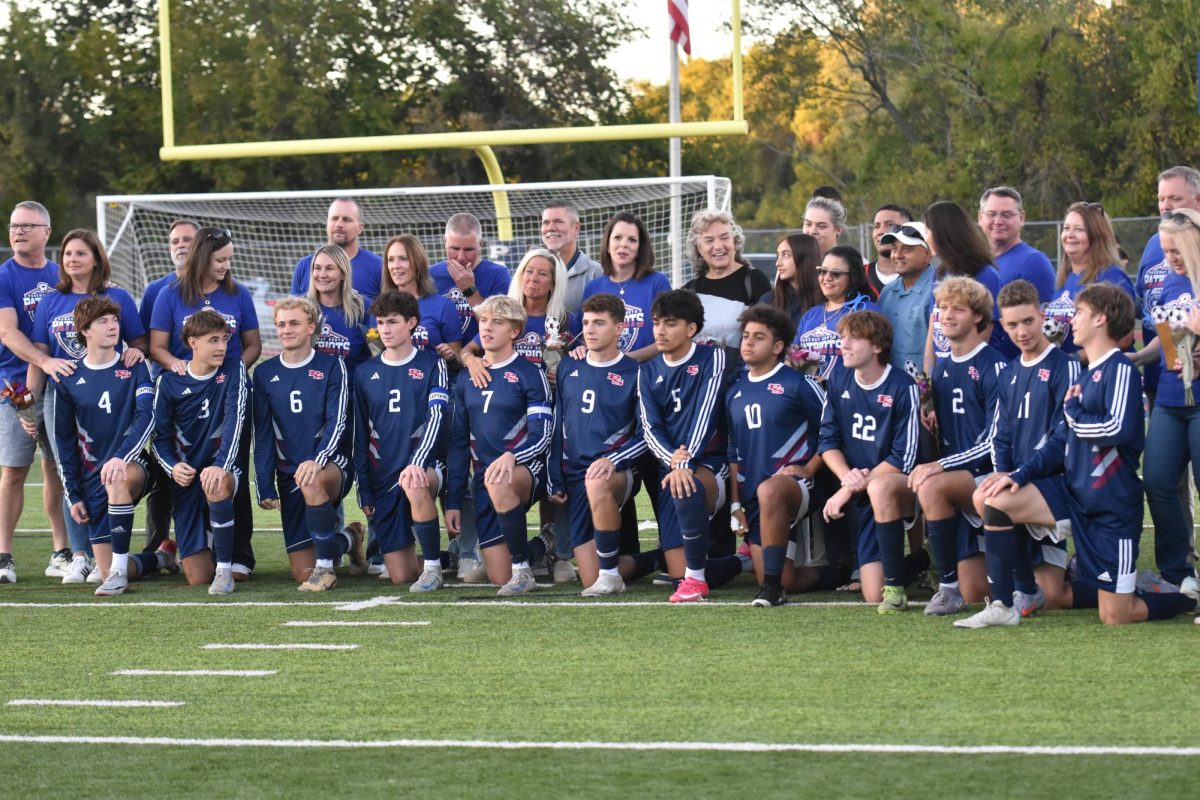The age of streaming and the implementation of AI (Artificial Intelligence) has officially begun to take over. AI is making its impact by threatening writers’ jobs and creating AI-generated storylines. Streaming threatens the pay and worth of actors by removing residuals; little to no compensation was provided if the show does well on whatever streaming platform it is placed in, meaning the actors did not get paid for their time on screen inside these streaming services. You can see the problem here, right?
These job-threatening issues prompted the Screen Actors Guild – American Federation of Television and Radio Artists (SAG-AFTRA) labor disputes with the Alliance of Motion Picture and Television Producers, just two months after the WGA strike on the same trade association. Now, 118 days later, on Nov. 9, SAG-AFTRA voted to approve the new contract handed to them. Here are the details in the new contract.
- A hike in basic wage minimums for a variety of projects across both film and television
- For anyone with speaking roles; minimums increased by 7% effective Nov. 9, another 4% effective July 2024, and another 3.5% effective July 2025
- Better streaming residuals and bonuses for hit shows and movies–if the show is seen by 20% or more of the streaming service’s domestic subscribers in the first 90 days of release or the first 90 days of any year following the first year of release
- Bonuses equal 100% of an actor’s residual
- Only 75% of that will go to the actor directly
- The other 25% will go to a joint fund run by reps from both the AMPTP and SAG-AFTRA, who will spread the 25% to actors in other streaming shows.
- Consent and compensation around digital replicas created while an actor is working on a given project
- Consent and compensation around digital replicas created outside a project and digital alterations to an actor’s performance
These guarantees inside this contract were seen by the members of this federation as very fair, as leaders of the SAG-AFTRA described the deal to be a huge win. With actors seeing a breakthrough in their pay and new barriers to the industry’s use of AI.
Well, now that the 118-day strike is over and ended in a completely mutual agreement, the projects that were put on pause due to the strike can now resume their filming, editing, and whatever else it is that they need to finish. Projects like ‘Stranger Things season 5,’ ‘Spiderman-Beyond the Spiderverse’ and ‘Abbott Elementary’ can now return and bring in that money.
The SAG-AFTRA strike wasn’t a global pandemic, but almost everyone was aware of it happening, and if you weren’t we hope the first part of this article will provide you with some sort of closure. And now, with all the important things out of the way, it’s time for the community to show their excitement due to the strike being over. I’m wondering, what exactly are you most excited about? Did you know the strike was happening?
“I’m really ready to see Jordan Peele start making movies again, and I’m ready to see Chloe Bailey and all these other guys come back and show off their talents again. Now that the strike is over, a lot of these well-known talents can start coming back and start making the money that they deserve,” said senior Noah Adou.
Adou’s excitement goes beyond the excitement of shows coming back. He is also very thankful that the strike ended as fast as it did and gave his thoughts on everything.
“I’ve seen strikes go on for a while, 118 days is light for a strike. When you’re talking about paying people fair wages, that’s money, you don’t play about money, especially in this economy. I feel like they should’ve had this strike way earlier. People are going to learn to appreciate everything that goes into these shows now,” he said.
Some people were not as well-educated on the actor’s strike but they still understand how the strike and new contract will shape the future of acting/shows.
“I think I saw the strike first on Instagram, but I never really looked too much into it. But I think that in the future, because of how the movie production industry uses a lot of money and takes a lot of people to produce a product, many of these upcoming actors will see this strike, and learn to not settle for the bare minimum when it comes to getting rewarded for their hard work,” said senior Sadeel Al Maharmeh.
This strike was surprisingly short to some, and not so short to others, but not many thought that it would be over THIS quickly.
“I honestly expected the strike to take years. Like over 2 years to be honest. But I’m happy it didn’t because now I can get back to watching the shows and movies I love. I haven’t been to the movies in a LONG time, and Netflix isn’t cutting it anymore. I’m just excited and happy it’s all over,” said junior Ian Banks.
Some people even go as far as noting the importance of media in the world/country, realizing this may be a key to knowing why the strike ended so quickly but with a monumental change that will impact many actors now and in the future.
“I think this strike was so short because of how America is built around media. People are actors, that’s a job, people are writers, that’s a job. Without them film culture is nothing, and that’s why I think this strike is going to inspire more changes to come in the future,” said Banks.
And through all the commotion and contract signing, some people were completely oblivious to the strike.
“I honestly didn’t even know why the strike was happening. Like I had an idea of why but not an in-depth look at why,” said senior Saad Haseeb. “I think that’s the problem with a lot of things that get pushed out into the news. It’s like you have to look for it yourself if you aren’t sitting down and actively watching what’s happening. Why wasn’t this everywhere? But now that the strike is over, I can get back to watching my favorite shows and movies that went on pause.”


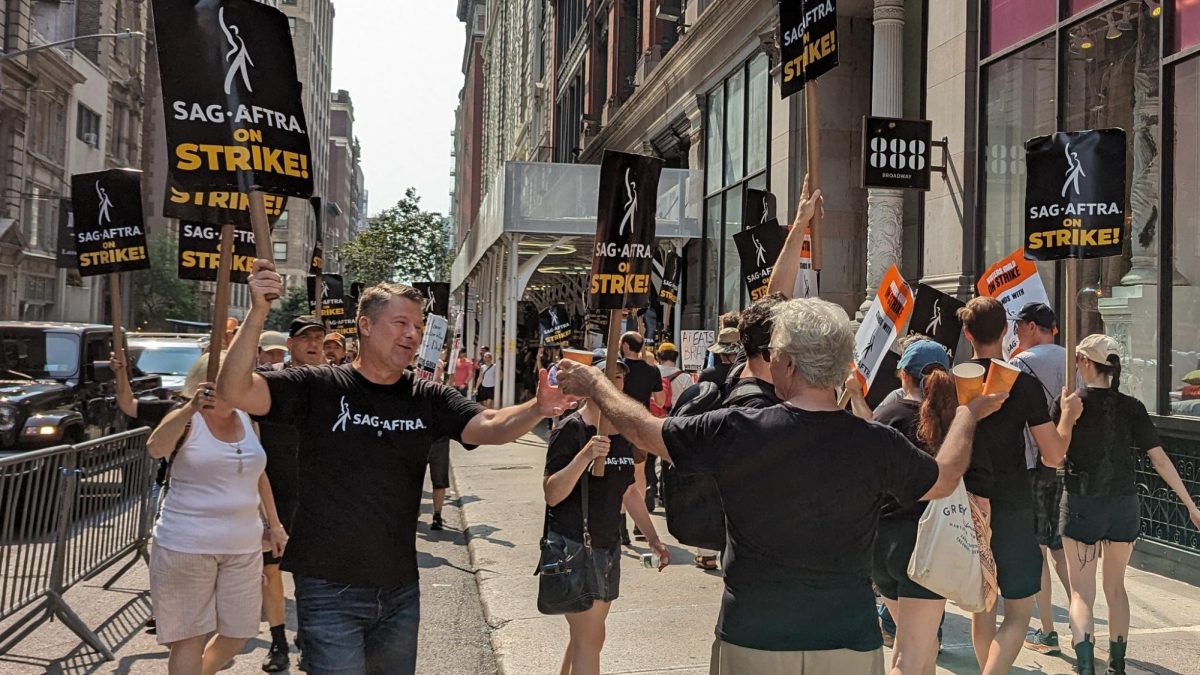
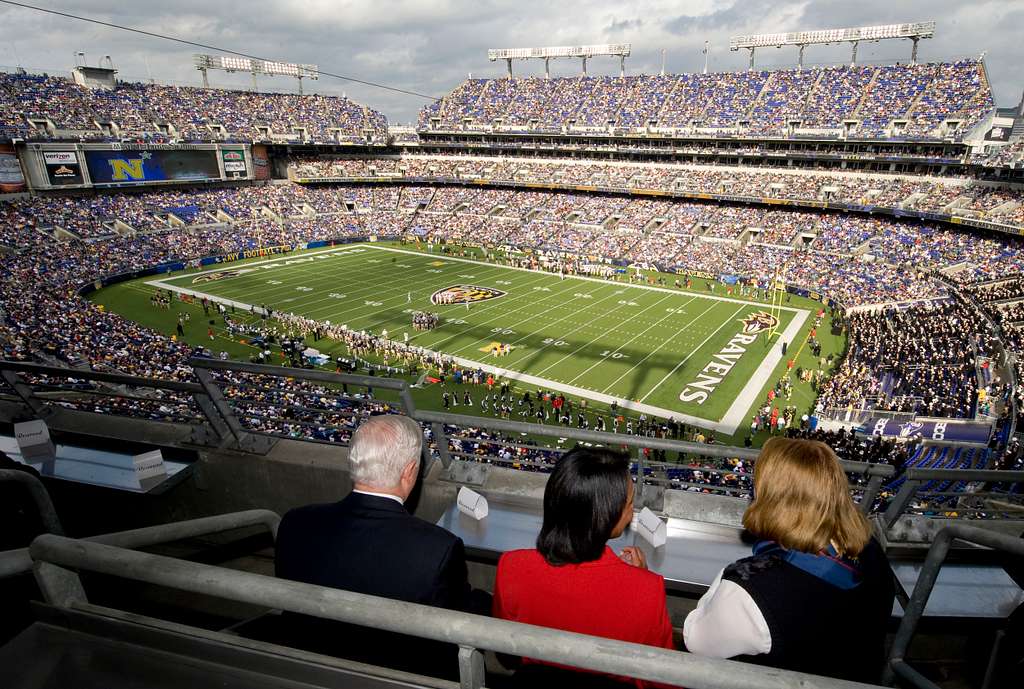
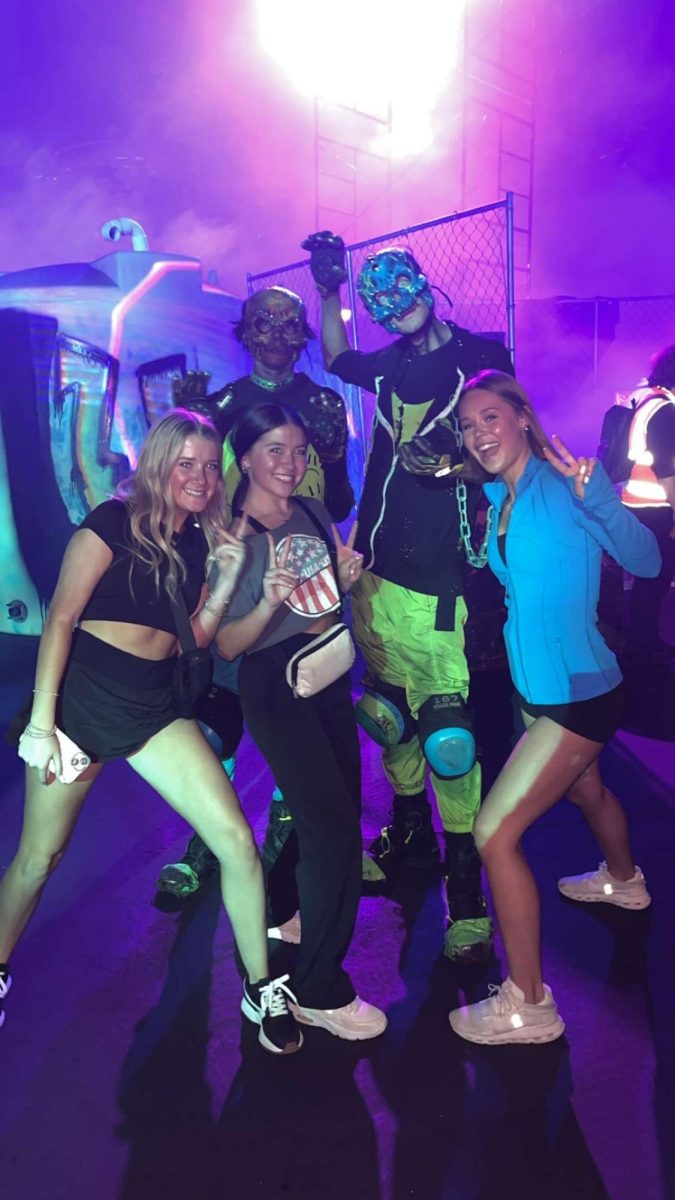
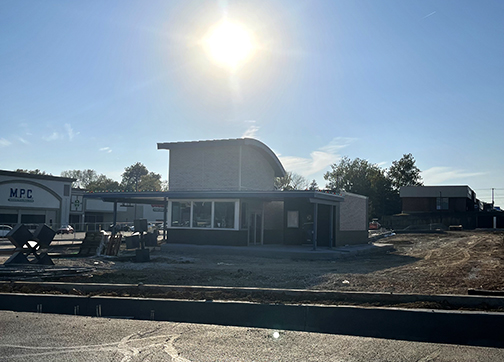
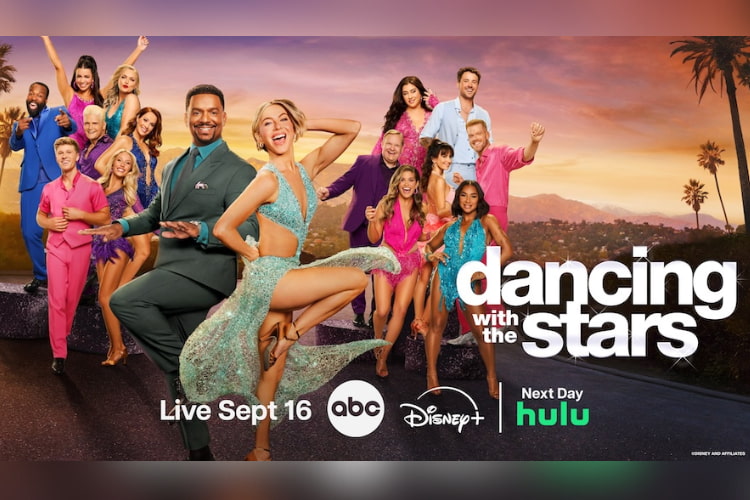


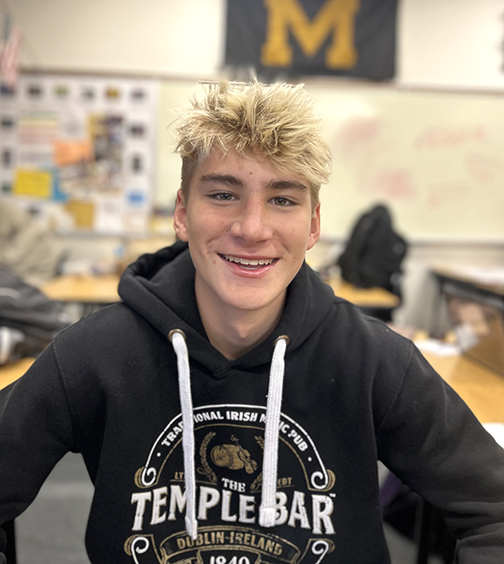
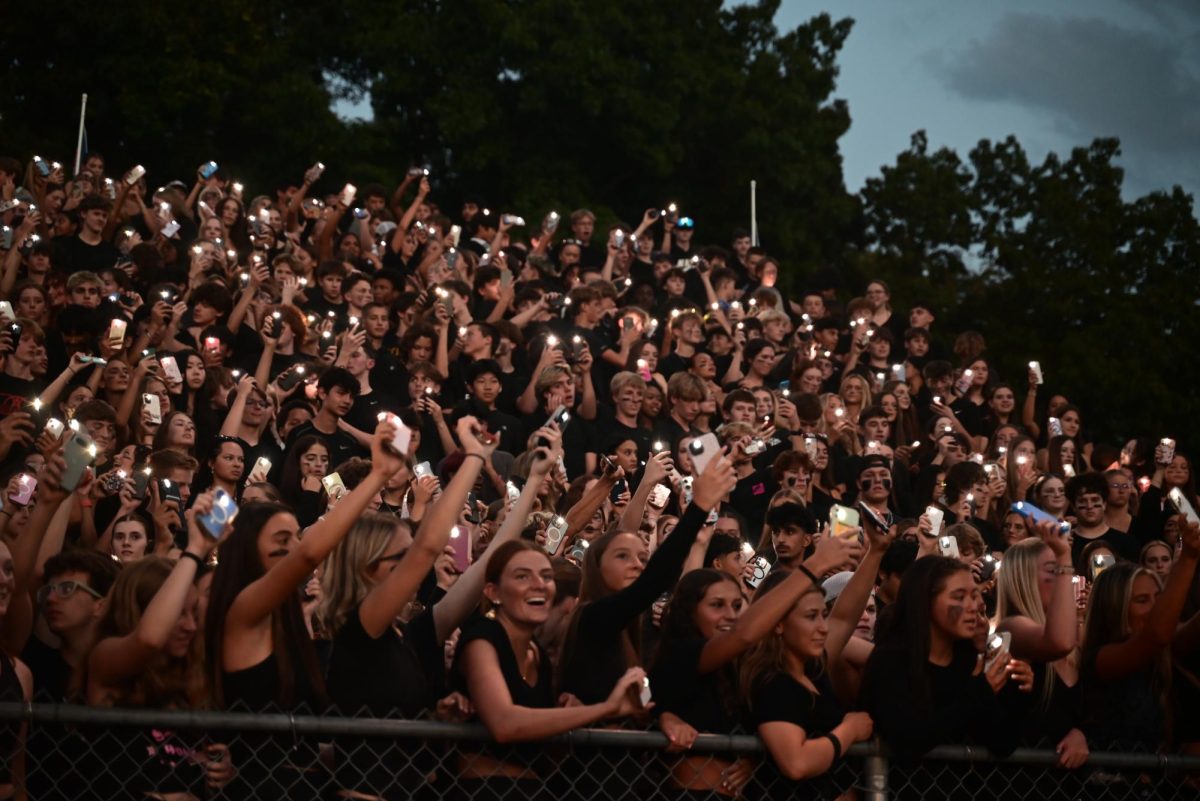


![With her mom and sister cheering her, senior Maiyah Syed gets recognized on Senior Night for Color Guard, Oct. 10. "It felt pretty good [to be recognized]. I thought it was nice to have all my accomplishments laid out [by the announcer.] [I'm really going to miss] the evening practices and the bonding with the team over everything," Syed said.](https://psouthtreaty.com/wp-content/uploads/2025/10/emilypiccropped-Gavin-Brady-935x1200.jpg)
